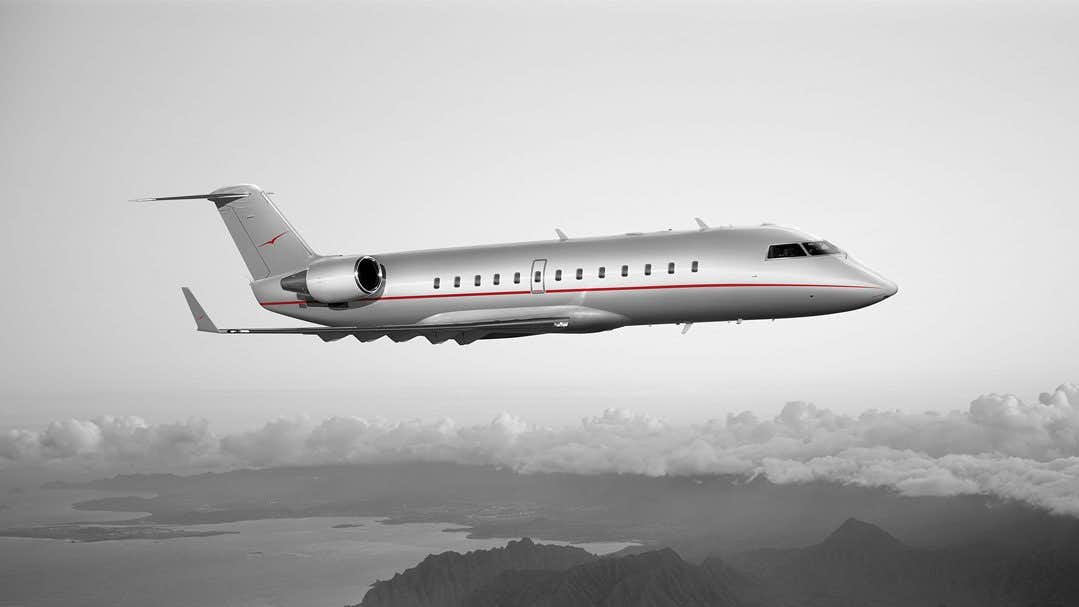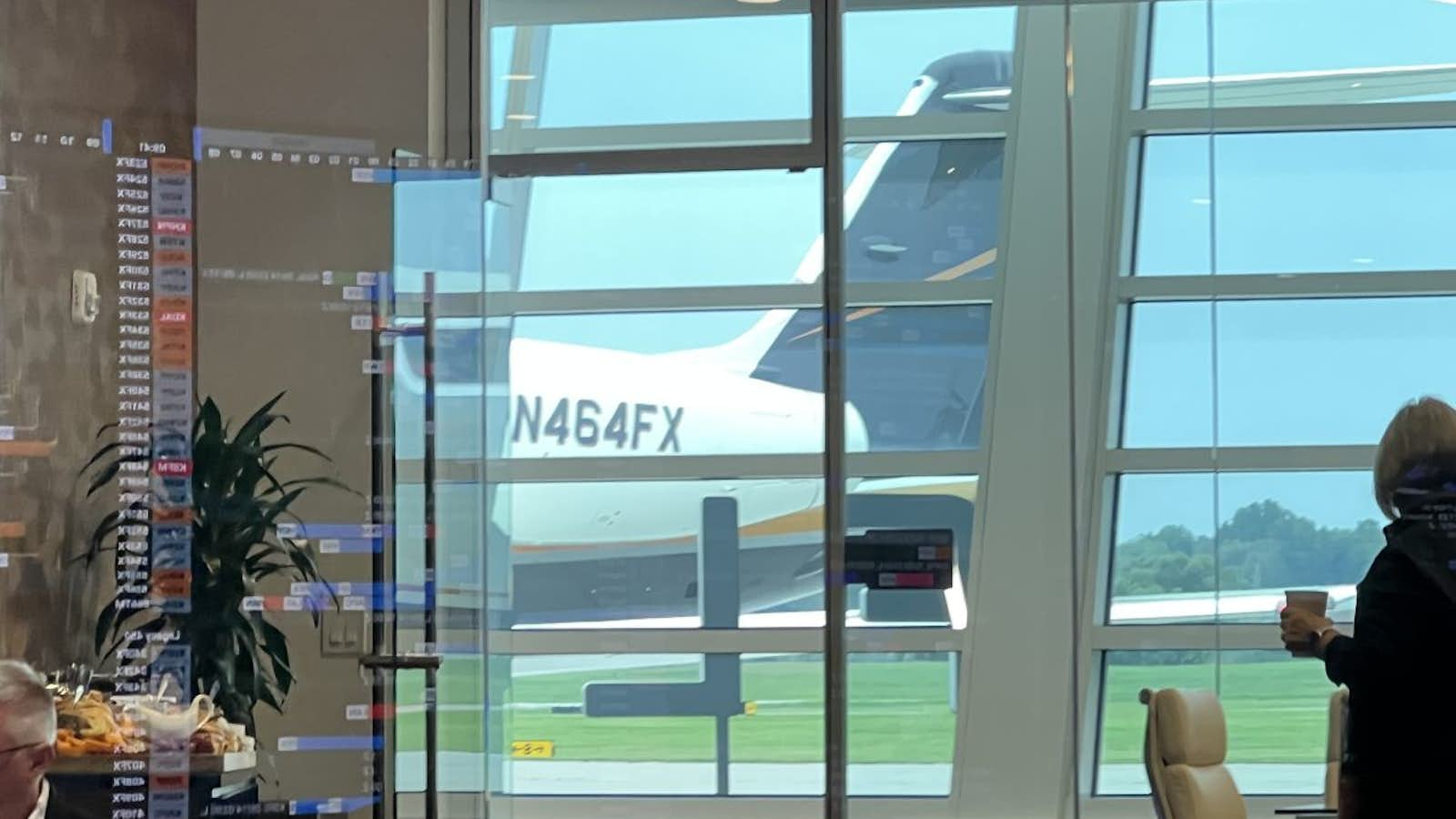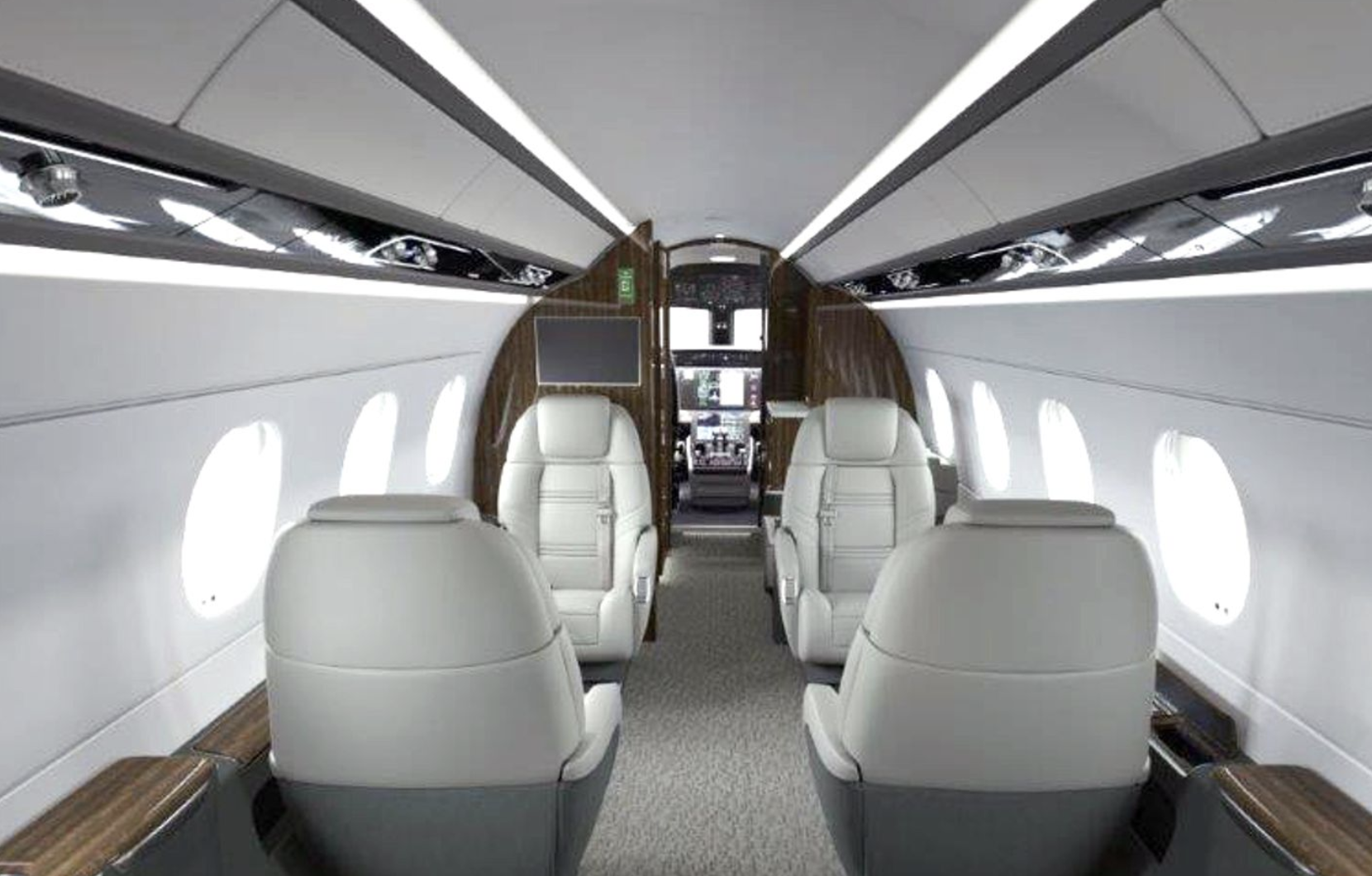In this Guest Column, Private Jet Card Comparisons has asked James D. Butler, CEO of Shaircraft Solutions LLC to discuss why you should know the differences between fraction and charter jet cards. The following was provided by Mr. Butler and is presented in its entirety.
The term “jet card” has come to describe a particular kind of private aviation investment, the most salient characteristic of which is that you pay an aircraft provider a certain amount for a pre-determined number of flight hours and when you use up those hours, neither you nor the provider has any further ongoing commitment. This sort of “pay-as-you-go” niche has proven particularly attractive to flyers who require around 25 hours of flight time per year and prefer not to (a) make a large capital investment that characterizes fractional ownership, or (b) go into the charter market for each trip.
Most discussions of jet cards lump all such programs into a single basket. However, there’s at least one essential distinction that anyone considering a jet card investment should consider: that being the difference between fractional jet card programs and “block charter” jet card programs.
Fractional jet cards, like those offered by NetJets and Flexjet, utilize aircraft that are managed, operated, maintained and piloted end-to-end as part of a single fleet of aircraft.
By contrast, what I call “block charter” jet cards (because you purchase a block of hours) are offered by companies that essentially are charter clearinghouses—companies that make arrangements with various independent charter operators around the country to provide aircraft for their customers’ trips.
In such programs, you may find that, unlike fractional jet card programs that offer uniformity in their aircraft, the block charter provider offers a menu of aircraft models in each aircraft category—light jet, mid-size jet, super mid-size jet, etc. Indeed, in some instances, the provider also may offer a two-tier program, with one tier utilizing jets that are, say, less than five years old, and a second tier offering jets that are older. You may prefer some of the jets in a category more than others—for example, at least one light jet utilized in some block charter programs does not have an enclosed lavatory, while others do. But you won’t have a say as to which aircraft within a particular category services your trip.
Safety, of course, must be your first concern. Here to, there may be a distinction between fractional and block charter jet card programs. Fractionals like NetJets and Flexjet, buttressed by their end-to-end management and operation, adhere to the highest industry safety standards. Block charter programs often use safety auditing services like Wyvern or ARG/US to review and certify their independent operators at one of various levels—sort of a “Good Housekeeping” seal of approval. Even so, some block charter programs do not require that all participating operators maintain the highest-level certifications.
There certainly are reputable block charter jet card programs and, in general, block charter offerings tend to be less expensive than fractional jet card programs. That said, there are pitfalls aplenty out there for the uneducated who, most often, shop solely for the lowest price. It also bears mentioning that there are few barriers to entry into the block charter jet card market. By that, I mean, anyone who has access to aircraft operators that are looking to monetize excess capacity, i.e., aircraft sitting idle, can contract with these operators at set rates, and then come up with a clever name and a fancy brochure, and sell themselves as a “program.” These types of offerings have grown like honeysuckle with the advent of the internet and the increase in excess aircraft capacity.
Too often, the uneducated private aviation consumer is blinded by a discounted price. But this isn’t like a flash sale on Groupon. In this regard, having an attorney sitting on your side of the table, who knows the industry, the pitfalls, and where there’s room to negotiate, can best protect your interests.
About the author:
James D. Butler is an attorney and CEO of Shaircraft Solutions – a Maryland-based consulting firm advising individuals and businesses on investments in private air travel for over twenty years. A foremost private aviation authority, Mr. Butler has in-depth knowledge of the full spectrum of today’s private aviation options, including fractional ownership, jet card programs and charter, and also specializes in fractional share valuation disputes. Shaircraft’s clients range from business executives and retirees to family offices and professional athletes. Mr. Butler can be reached directly at jbutler@shaircraft.com or (301) 652-9885.
Copyright © 2017 by Shaircraft Solutions LLC. All Rights Reserved.












